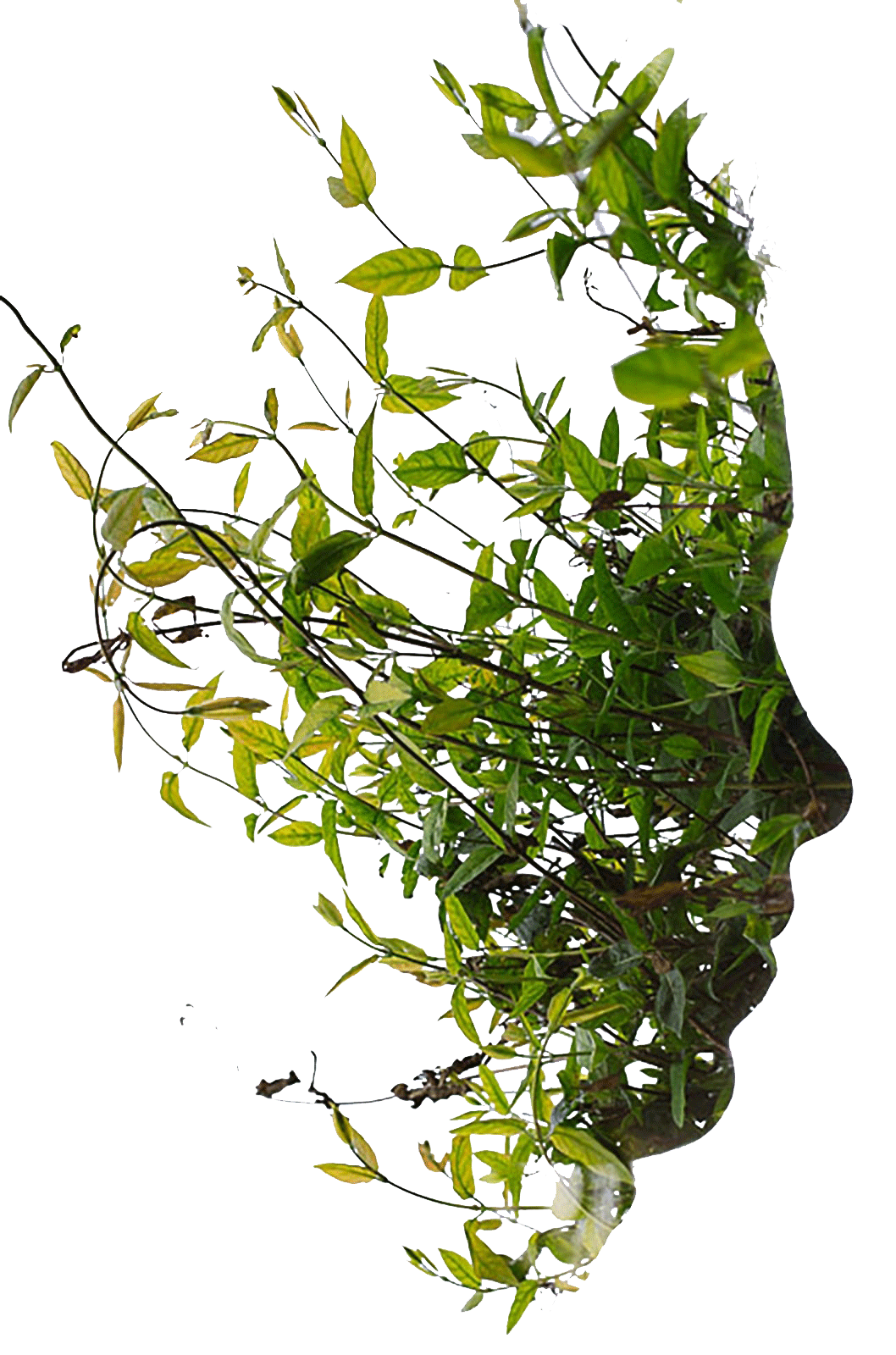Ubud, the cultural heart of Bali, is a place where nature and tradition intertwine, creating a culinary landscape that is as rich and diverse as the island itself. From the lush Tegallalang Rice Paddies to the thriving Organic Farmers Market, Ubud’s food scene is deeply rooted in sustainability, heritage, and the philosophy of Slow Living. Here, every meal tells a story—of local farmers, ancient cooking techniques, and the deep connection between food and the land.
A Journey Through Ubud’s Culinary Heritage

Ubud’s culinary scene is not just about eating—it’s about experiencing. Whether you’re wandering through bustling markets, learning traditional recipes in a Bali cooking class, or exploring permaculture Bali, food here is a gateway to understanding the island’s soul.
The Role of Permaculture in Ubud’s Food Culture

In recent years, permaculture Bali has gained momentum, with local farms and eco-retreats embracing sustainable agriculture. The philosophy of permaculture is simple: work with nature, not against it. This approach has led to a revival of traditional farming methods, ensuring that local produce remains organic, fresh, and deeply nourishing.
One of the best ways to experience this is by visiting permaculture farms, where you can learn about regenerative agriculture, taste freshly harvested produce, and even participate in farm-to-table cooking experiences. These farms are not just places of cultivation—they are sanctuaries of healing, mindfulness, and sustainability.
Exploring the Organic Farmers Market
A visit to Ubud’s Organic Farmers Market is a sensory delight. The market is a vibrant hub, where local farmers, artisans, and chefs come together to celebrate fresh, organic produce. Here, you’ll find everything from exotic fruits and hand-crafted spices to homemade jams and organic coffee.
The market is more than just a place to shop—it’s a community gathering, where people share stories, exchange recipes, and celebrate the art of Slow Living. It’s a reminder that food is not just sustenance—it’s a connection to the land, the people, and the traditions that shape it.
Bali Cooking Class: A Taste of Tradition
One of the most immersive ways to experience Ubud’s culinary heritage is by taking a Bali cooking class. These classes are not just about learning recipes—they are about understanding the philosophy behind Balinese cuisine.
Many cooking classes begin with a visit to a local market, where participants select fresh ingredients and learn about the cultural significance of Balinese spices and herbs. Back in the kitchen, expert chefs guide you through traditional cooking techniques, teaching you how to prepare iconic dishes like Nasi Goreng, Babi Guling, and Lawar.
Cooking in Bali is a deeply spiritual practice, often accompanied by offerings and rituals. It’s a way of honouring the land, the ingredients, and the people who cultivate them.
Tegallalang Rice Paddies: A Symbol of Harmony
The Tegallalang Rice Paddies are one of Ubud’s most iconic landscapes, representing the harmony between nature and human ingenuity. These terraced fields, sculpted by generations of farmers, are a testament to Bali’s ancient irrigation system, known as Subak.
Walking through the Tegallalang Rice Paddies is a meditative experience—the sight of lush green terraces, the sound of flowing water, and the rhythm of farmers tending to their crops create a sense of peace and connection. Many local restaurants source their rice directly from these paddies, ensuring that every meal is deeply rooted in the land’s heritage.
Slow Living: The Heart of Ubud’s Culinary Philosophy

In Ubud, food is not rushed—it is savored, celebrated, and shared. The philosophy of Slow Living is woven into every aspect of the culinary experience, from farm-to-table dining to mindful cooking practices.
Restaurants and cafes in Ubud often prioritise locally sourced ingredients, ensuring that every dish is fresh, seasonal, and sustainable. Meals are not just about nourishment—they are about connection, storytelling, and appreciation for the land.
Conclusion: A Culinary Journey Through Ubud
Ubud’s food scene is a reflection of its soul—deeply connected to nature, tradition, and sustainability. Whether you’re exploring permaculture Bali, wandering through the Organic Farmers Market, taking a Bali cooking class, or walking through the Tegallalang Rice Paddies, every experience is a celebration of the flavours that connect nature and culture

